Relays meaning critical components in electrical and electronic systems, acting as switches that control the flow of electricity. One such relay is the ARE1309, which offers numerous features and applications in various circuits. This blog will provide you with all the necessary information to effectively work with the ARE1309 relay.
Catalog:
Features
Specifications
Soldering methods
Cleaning techniques
Tips for choosing similar relays

Features
Use in a variety of electronic and electrical systems. Here are its key features:
Compact and slim size:
High current handling capability, the ARE1309 relay is compact in size. Making it easier to integrate into a wide range of systems .
Size: 20.2(L) × 11.2(W) × 8.9(H)* mm
.795(L) × .441(W) × .350(H) inch
high frequency
•Excellent high frequency characteristics (to 2.6GHz)
Type | Frequency | 900MHz | 2.6GHz |
Impedance 50Ω | V.S.W.R. (Max.) | 1.3 | 1.7 |
Insertion loss (dB, Max.) | 0.2 | 0.7 | |
Isolation (dB, Min.) | 60 | 30 | |
Impedance 75Ω | V.S.W.R. (Max.) | 1.2 | 1.5 |
Insertion loss (dB, Max.) | 0.2 | 0.5 | |
Isolation (dB, Min.) | 60 | 30 |
ARE1309 Standard PC board terminal
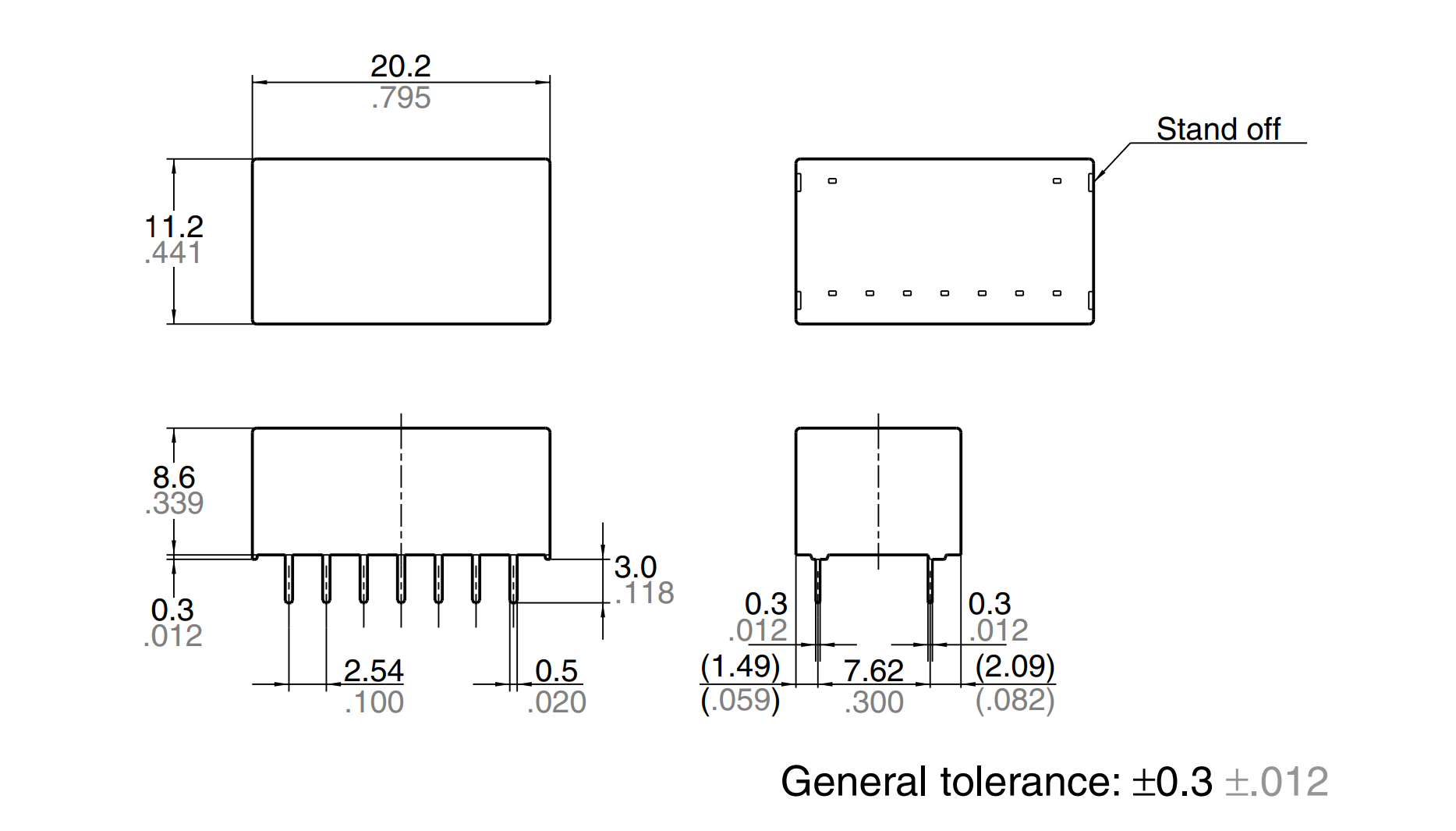
Typical Applications
1. Broadcasting and video markets.
• Digital broadcasting market
• STB/tuner market, etc.
2. Communications market
• Antennae switching
• All types of wireless devices
Specifications
The specifications of a relay like the ARE1309 are essential when selecting a relay for specific applications. Here are some key specifications:
Specification | Details |
Relay Type | 1 Form C |
Coil Voltage | 9VDC |
Coil Resistance | 405 Ohms |
Contact Rating | 500 mA |
Switching Voltage | 30VDC - Max |
Operate Time | ~10ms (typical) |
Release Time | ~5ms (typical) |
Operating Temperature | -40°C to +70°C |
Relay for life | 100,000 operations at rated load |
FAQ: How to Solder the ARE1309 Relay?
1) The manual soldering shall be performed under following condition.
Max. 260°C 500°F 10s
Max. 350°C 662°F 3s
The affect of the PCB on the relay will differ depending on the type of PCB use. Please verify the type of PCB to use.
Preheat according to the following conditions.
Temperature | 120°C 248°F or less |
Time | Within 2 minute |
Soldering should be done at 260±5°C 500±5°F within 6 s.
2) In case of automatic soldering, the following conditions should be observed (Surface-mount terminal)
(1) Position of measuring temperature
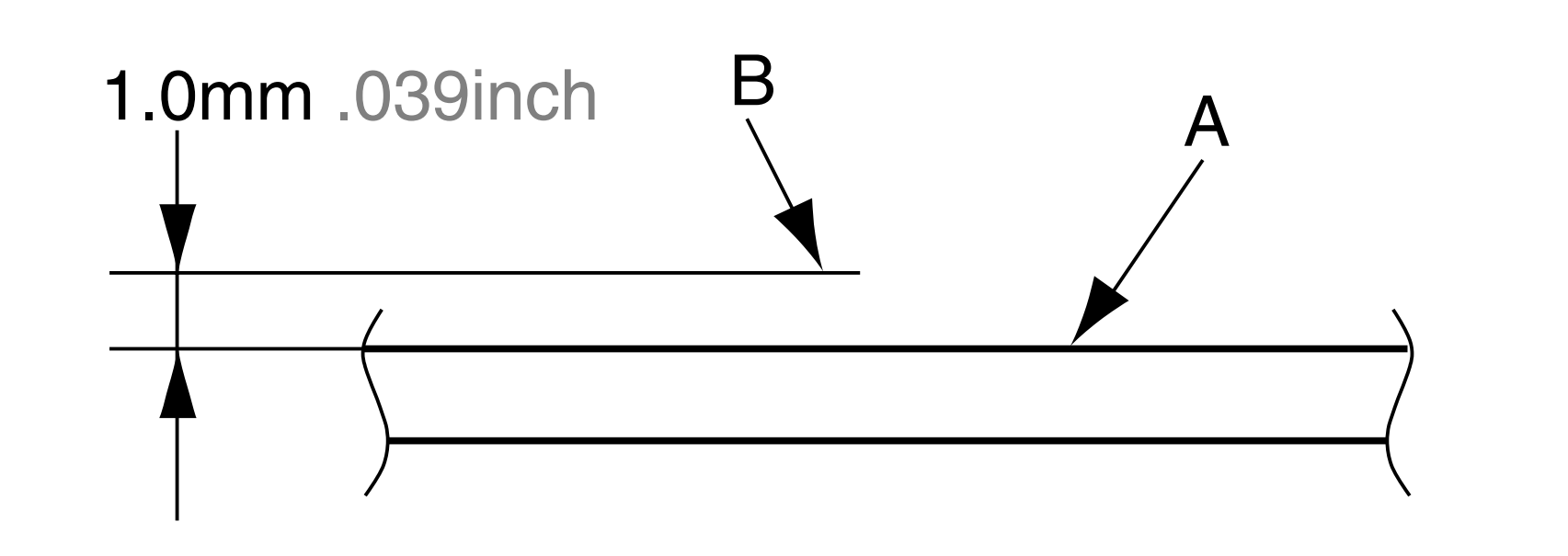
A: Surface of PC board where relay is mounted.
B: Above the PC board surface.
(2) IR (infrared reflow) soldering method
Temperature rise of relay itself may vary according to the mounting level or the heating method of reflow equipment.
Therefore, for relay terminal and the top surface of the relay case . Please set the soldering portion temperature not to exceed the above mentioned soldering condition.
Recommend to check the temperature rise of each portion under actual mounting condition before use.
FAQ:How to Clean the Relay?
Keeping clean is essential for its long-term reliability and performance. Dust, dirt, and flux residues can interfere with its function, causing poor contact or even failure.
Recommend boiling method for automatic cleaning . Avoid ultrasonic cleaning which subjects the relays to high frequency vibrations, which may cause the contacts to stick. Recommend use alcoholic solvents .
FAQ:How to Choose a Similar Relay?
When working with relays, it’s crucial to select one that suits your specific application. If the ARE1309 relay doesn’t fit your requirements, here are some factors to consider when choosing a similar relay:
1. Contact Configuration:
l Depending on your application, you may need a relay with a specific contact configuration. The ARE1309 uses Form C (SPDT) contacts. But if you need a normally open (NO) or normally closed (NC) contact, you might need a different relay.
2. Coil Voltage:
l Choose a relay with a coil voltage that matches your control circuit’s voltage. For example, if your control circuit operates at 12V, select a relay with a 12V coil voltage.
3. Current and Voltage Rating:
l Ensure the relay can handle the current
Here Is The Similar Relay For Reference
Standard PC board terminal | Surface-mount terminal |
ARE1306 | |
ARE13A09 | |
ARE1324 | ARE13A24 |
HOT NEWS
The 0402 Resistor: A Comprehensive Guide
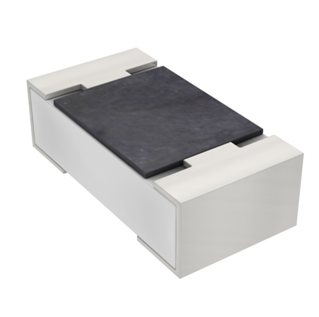
0402 Resistor
2025-05-06
Understanding A 0603 Resistor
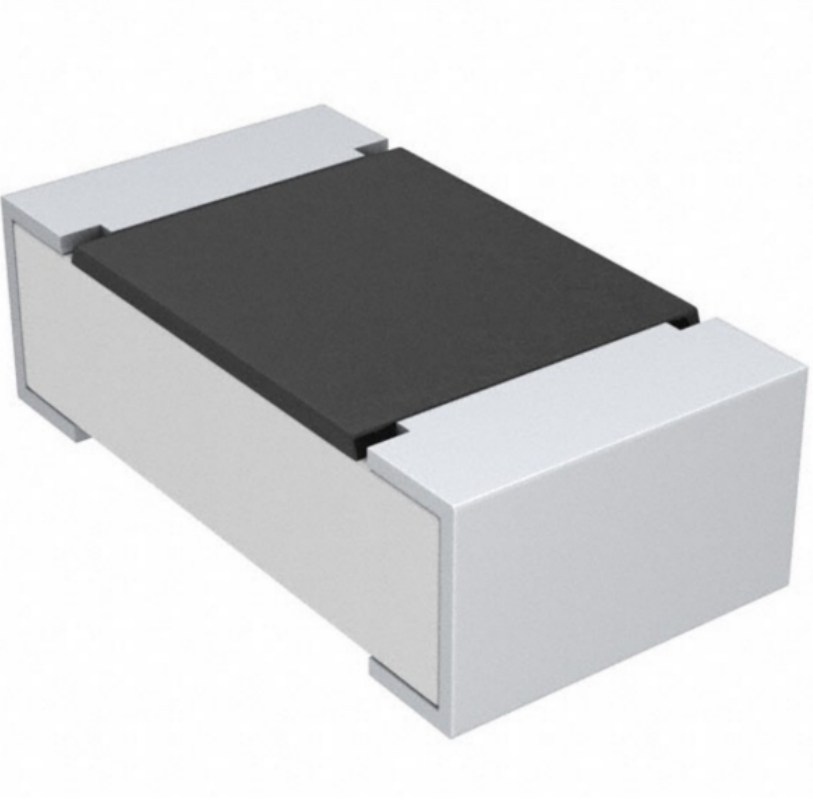
0603 resistor,dimensions,marking code, values
2025-05-29
What Is A 1206 Resistor?
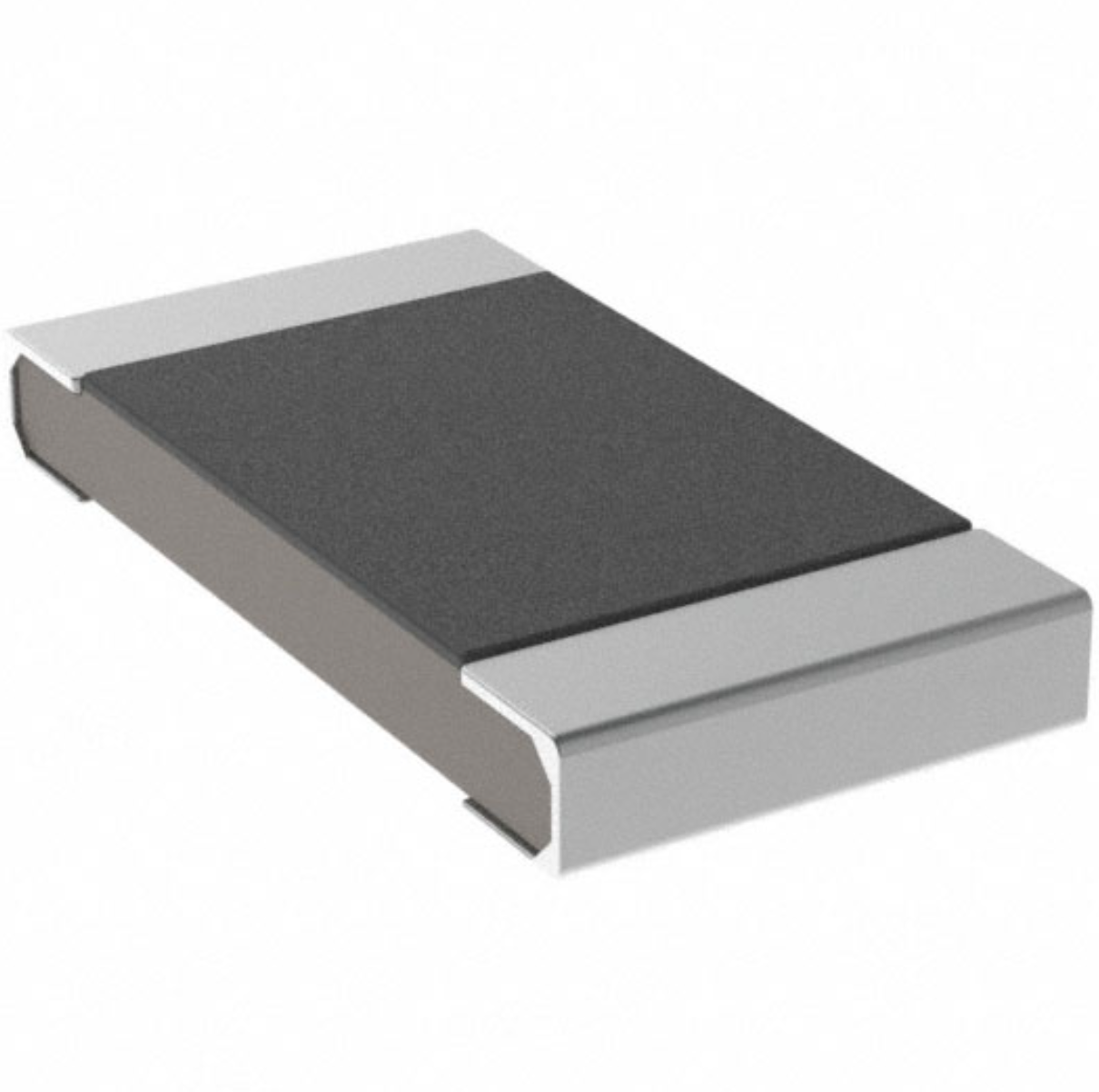
1206 resistor dimensions,footprint,value
2025-06-05
What is 10k Ohm Resistor?

10k resistor 10k resistor color code
2025-05-14
Everything You Need To Know About ARE1309 Relay

2025-04-23
MT3608 Boost Converter - An In-Depth Guide
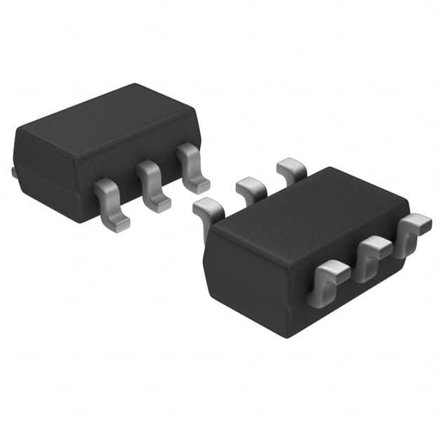
MT3608 Boost Converter
2025-09-04
What Is The 1K Ohm Resistor?
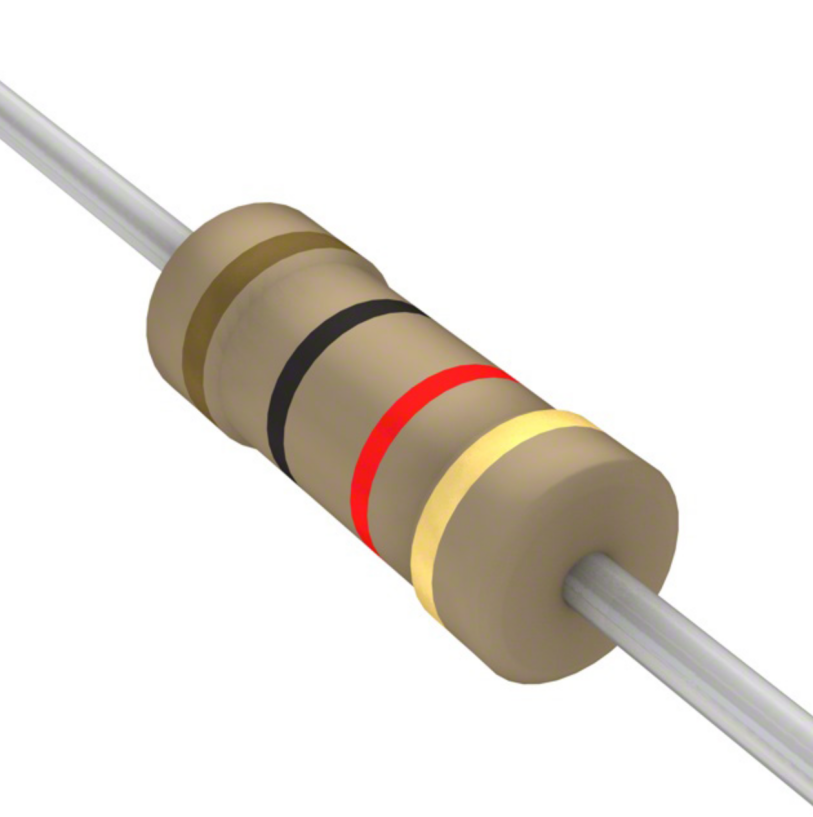
1k ohm resistor and color code
2025-05-21
Guide To The AMS1117 Voltage Regulator
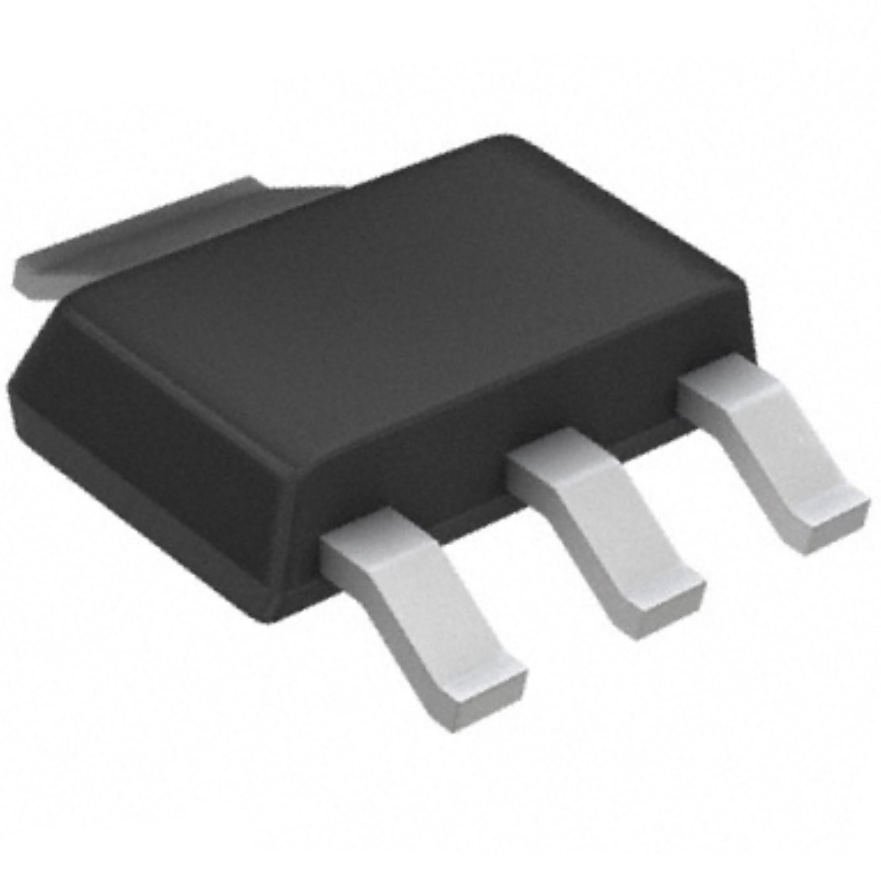
AMS1117 Voltage Regulator Circuit
2025-08-17
2512 Resistor - A Comprehensive Guide
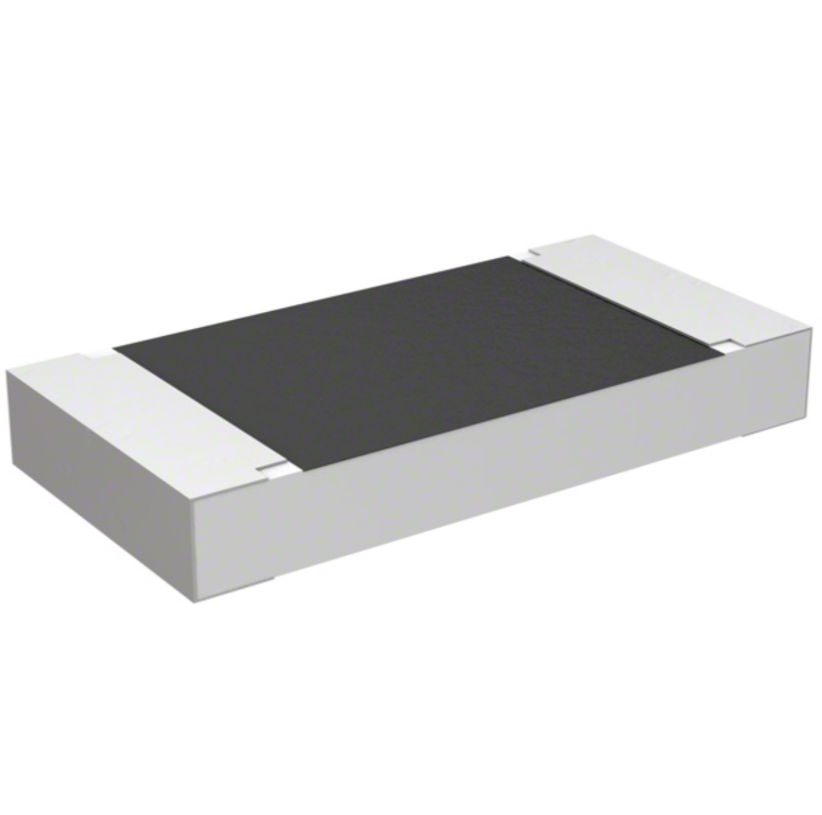
2512 Resistor
2025-08-13
What is 100 Ohm Resistor And Color Code?
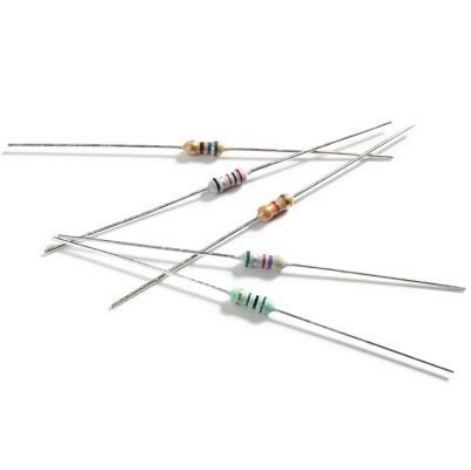
100 ohm resistor color code
2025-05-17











 Product Catalog
Product Catalog





